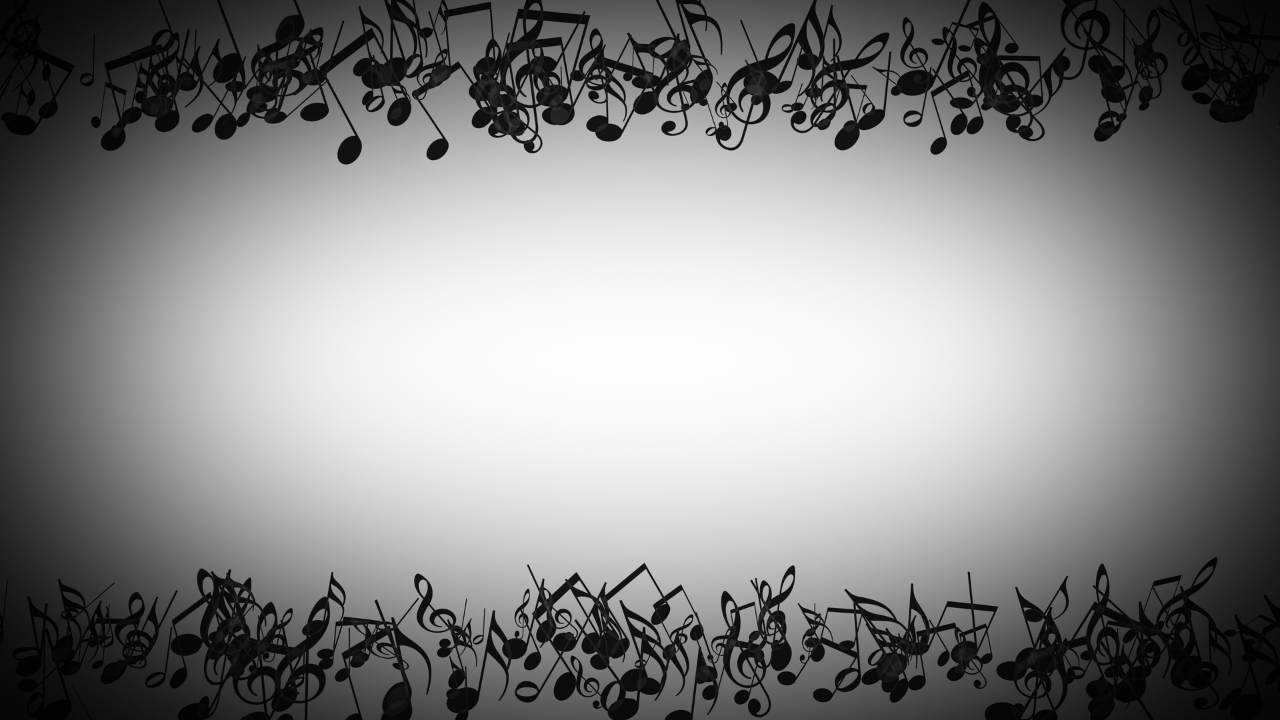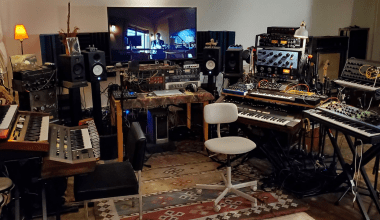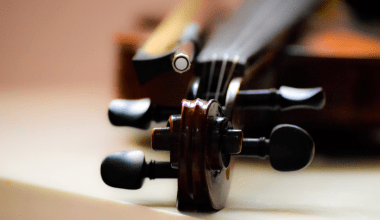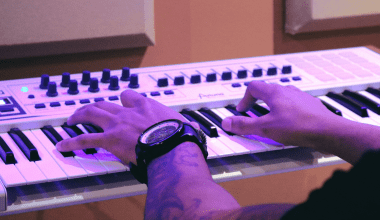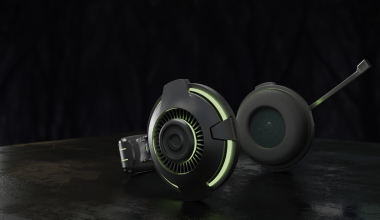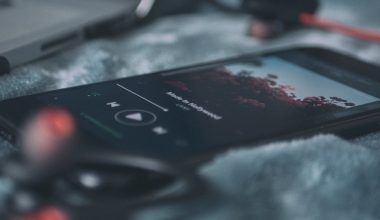Music is an art form that reflects emotions, ideas, and creativity. If you’re a composer, protecting your work is essential. Musical composition copyright ensures that your creations are safeguarded from unauthorized use, giving you the legal right to control and profit from your music. In this comprehensive guide, we’ll explore the importance of copyright, how to register your music, and how to enforce your rights.
What Is Musical Composition Copyright?
Musical composition copyright is a legal protection for original musical works. It grants the creator exclusive rights to reproduce, distribute, perform, and adapt their composition. The copyright covers both the melody and the arrangement, ensuring that your work cannot be used without your permission.
Why Is Musical Composition Copyright Important?
- Protects Your Work
Copyright prevents others from using or distributing your music without your consent. - Establishes Ownership
It provides proof of authorship, which is crucial in disputes. - Generates Revenue
By licensing your music, you can earn royalties for its use in performances, recordings, or media. - Encourages Creativity
Knowing your work is protected fosters innovation and creativity.
How to Secure Musical Composition Copyright
Securing copyright for your musical composition involves several steps. Let’s break it down:
- Create an Original Composition
Copyright only applies to original works. Ensure your composition is unique and not a derivative of someone else’s music. - Fix It in a Tangible Medium
Record your composition or write it down in sheet music. Copyright doesn’t protect ideas—it protects expressions. - Register Your Copyright
While copyright exists automatically upon creation, registering your work provides legal proof and additional protections.- Where to Register: In the U.S., you can register with the U.S. Copyright Office.
- How to Register: Submit an application, your work, and a small fee.
- Add a Copyright Notice
Include a notice on your sheet music, recordings, or digital files to inform others that your work is protected.
What Does Musical Composition Copyright Cover?
Copyright protection for a musical composition includes:
- Melody: The sequence of notes and rhythm.
- Lyrics: If the song has words, they are also protected.
- Arrangement: The structure and instrumentation of the music.
However, it does not cover:
- Ideas or Concepts: Abstract ideas cannot be copyrighted.
- Chords or Scales: These are considered public domain.
The Duration of Musical Composition Copyright
The duration of copyright depends on where you are and when the work was created:
- In the U.S.: Copyright lasts for the life of the composer plus 70 years.
- Works for Hire: If the music was created under a contract, the copyright lasts 95 years from publication or 120 years from creation, whichever is shorter.
How to Protect Your Musical Composition Internationally
Music is a global language. Protecting your work internationally requires additional steps:
- Berne Convention: Most countries are part of this treaty, which ensures mutual copyright recognition.
- Register in Key Markets: If you expect your music to be used in specific countries, consider registering there as well.
Licensing Your Musical Composition
Licensing allows others to use your music while compensating you for its use. Common types of licenses include:
- Mechanical License: For recordings and digital downloads.
- Performance License: For live performances or broadcasts.
- Synchronization License: For use in TV shows, movies, or ads.
Licensing ensures you retain control over how your music is used.
Enforcing Your Musical Composition Copyright
Copyright protection is only effective if you enforce it. Here’s how to handle infringements:
- Monitor Usage
Regularly check platforms like YouTube or social media for unauthorized uses of your work. - Send a Cease and Desist Letter
Notify the infringing party that they are violating your copyright and request them to stop. - File a DMCA Takedown
For online infringements, submit a takedown request under the Digital Millennium Copyright Act (DMCA). - Seek Legal Action
If necessary, file a lawsuit to claim damages or stop the infringement.
How to Avoid Copyright Infringement
As a composer, it’s crucial to respect other artists’ rights. Avoid infringement by:
- Creating Original Music: Ensure your work doesn’t copy existing compositions.
- Clearing Samples: Obtain permission if you sample another artist’s work.
- Attributing Properly: Give credit where it’s due.
Challenges in Musical Composition Copyright
Copyright issues can be complex. Here are some common challenges:
- Proving Ownership: Without registration, proving you created the work can be difficult.
- Digital Piracy: Unauthorized sharing online is rampant.
- Fair Use: Determining whether a use is “fair” can be subjective.
Tools for Managing Your Copyrighted Music
Several tools and organizations can help you manage and monetize your music:
- Performance Rights Organizations (PROs): Groups like ASCAP and BMI collect royalties on your behalf.
- Digital Fingerprinting: Services like Content ID on YouTube identify unauthorized uses.
- Licensing Platforms: Websites like Songtrust and TuneCore streamline licensing and royalty collection.
The Future of Musical Composition Copyright
As technology evolves, so do copyright laws. Here’s what to expect:
- Blockchain: Securely tracking ownership and royalties.
- AI Challenges: Addressing issues of AI-generated music.
- Global Standards: Efforts to harmonize copyright laws worldwide.
Final Thoughts
Musical composition copyright is a vital tool for protecting your creativity and ensuring you benefit from your work. Whether you’re a seasoned composer or just starting, understanding copyright is key to managing your music career.
By registering your work, licensing it effectively, and staying vigilant against infringement, you can safeguard your compositions and thrive as an artist.
Related Articles:
For further reading, explore these related articles:
- Copyright Songs: Protecting and Using Music Legally Explained
- How to Copyright: Easy Steps to Protect Your Work
For additional resources on music marketing and distribution, visit Deliver My Tune.
